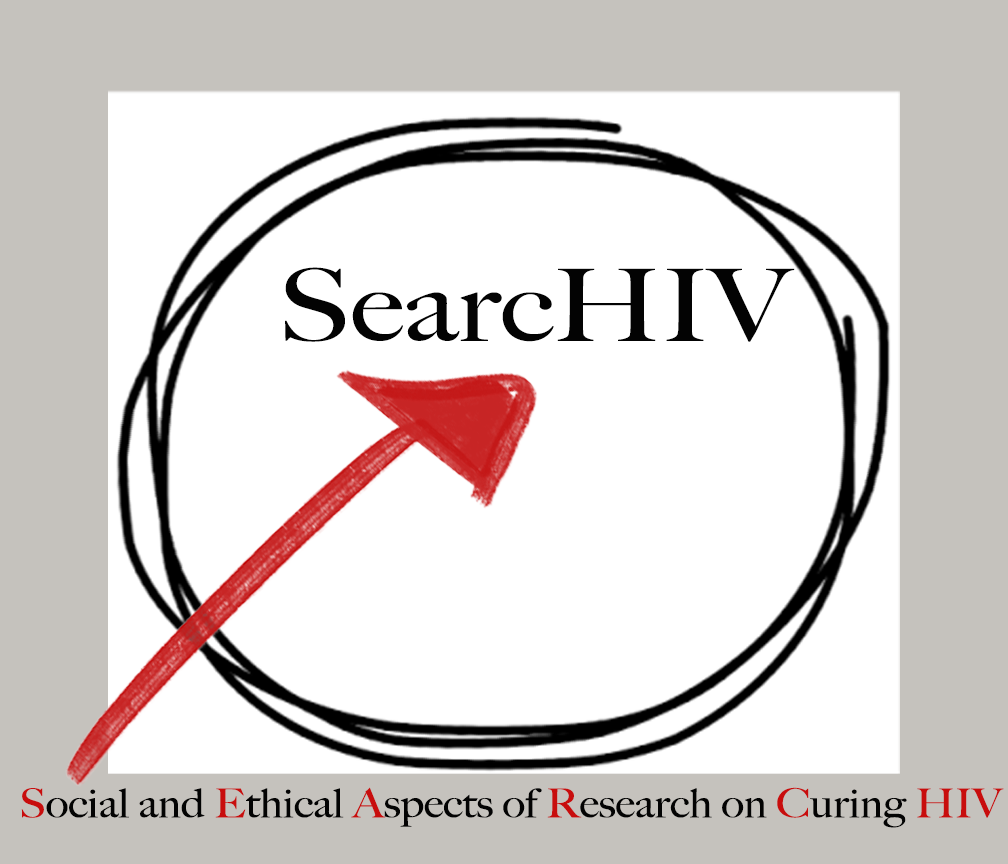by Qingyan Ma PhD, UNC Project-China
Money talks. It is certainly true for HIV cure research. In the report of the Global Investment in HIV Cure Research and Development 2014 published by the International AIDS Society (IAS) in July 2015, United States ranked No. 1 in terms of funding for HIV cure research. NIH funded 75.4 million USD, followed by Bill & Melina Gates Foundation that funded 9.2 million USD[i]. Most funding countries or organizations listed by the IAS belong to the developed world. China, on the other hand, despite its No. 1 foreign currency reservation in the world and the world’s second largest economy, its investment in HIV cure research is probably too low to be listed by the IAS. This could partially explain the total absence of China’s presence in the 2015 Towards an HIV Cure Symposium during the 2015 IAS meeting in Vancouver.
However, on July 26, four days after the IAS meeting, Yangcheng Evening News, a major newspaper in Guangzhou, reported that the National Hi-Tech Research Development Program (the 863 program) of China awarded approximately two million USD to a doctor and her team in Shenzhen, the fourth largest city in China, to use gene editing for curing HIV[ii]. Two days later, on July 28, the news was dispersed into English when South China Morning Post, a Hong Kong based English newspaper, reported the funding project[iii]. The doctor and her team are based in Shenzhen Children’s Hospital. While gene editing appears to be a focus among the recent strategies of curing HIV, which was presented in Towards an HIV Cure Symposium during the 2015 IAS, it is still a novel technology and rarely applied in clinical trials on human subject in China. Besides this newly reported funding project, there have been other ongoing clinical trials of HIV cure in China. More basic science research that do not involve clinical trials are undertaking in major cities in China, such as Beijing and Guangzhou. Among all the ongoing HIV cure research, the two million USD awarded has been the largest amount of funding ever seen to put into HIV cure research in China.
It is a good sign that the Chinese government has started to pour money into HIV cure research. It shows that China is moving closer in the search for a cure of HIV. However, there are more things to consider on the way of searching a cure. For example, issues like the development of basic science, the ethical dilemma of gene editing applied in human subjects, and community engagement are still burgeoning questions to deal with. One thing for sure is that if the next HIV cured patient is in China, either he or she be the “Beijing patient”, the “Guangzhou patient” or the “Shenzhen patient”, the cure will not be a pure coincidence. Money is a good start, but more joint collaboration is needed.
[i] http://www.iasociety.org/Web/WebContent/File/Towards_and_HIV_Cure_Tracking_Paper_2014.pdf
[ii] http://www.ycwb.com/epaper/ycwb/html/2015-07/26/content_754726.htm?div=-1
[iii] http://www.scmp.com/tech/science-research/article/1844033/editing-genes-cure-hiv-chinese-team-awarded-us2m-pursue-anti

